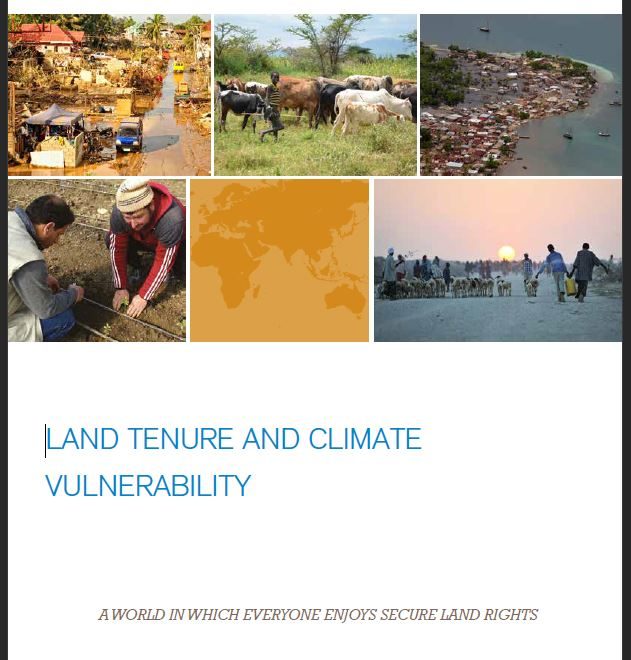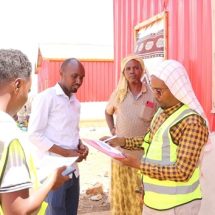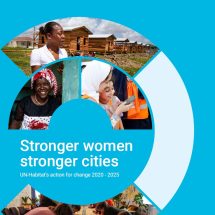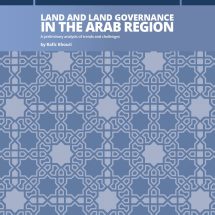……it is worth highlighting that while insecure land tenure is a major influence on existing vulnerabilities (with land pressures likely to intensify in the face of contemporary human and climate-change drivers), public investment – and determined efforts by governments – to improve the land tenure status of the poor and vulnerable can lead to greater community resilience to multiple stresses. Secure land tenure rights should therefore be a central consideration in all global frameworks that target human wellbeing…. (Executive Summary)
The Global Land Tool Network (GLTN), alongside long standing GLTN Partner RMIT University in Melbourne Australia, (David Mitchell and Darryn McEvoy), are proud to release a landmark publication on the critical relationship between land tenure and climate vulnerability.
The publication, titled “Land Tenure and Climate Vulnerability”, examines the inter-relationships between land tenure and climate vulnerability. The analysis has been framed according to peoples’ exposure to climate-related hazards, the sensitivity of different elements at risk in both urban and rural contexts and understanding how insecure land tenure influences the adaptive capacity of communities and individuals. Potential feedback loops from climate adaptation measures that may act to undermine peoples’ security of tenure have also been considered.
The publication has been written with a broad audience in mind, including development, climate change adaptation, disaster risk reduction, emergency management and land sector communities of practice. The aim is to highlight some of the complex and inter-linked challenges facing marginalized communities and, based on this evidence, signpost possible pathways to positive change.
The content herein draws from an extensive literature review and evidence from five international case studies contributed by regional experts. The case studies were selected to enable consideration of differing land tenure and climate vulnerability contexts in different parts of the developing world.
The publication is a valuable and important contribution to the range of GLTN knowledge around the central role that land plays in understanding and defining sustainable development.
For further information on GLTN’s work on climate change, contact Oumar Sylla (oumar.sylla@un.org) or Danilo Antonio (danilo.antonio@un.org).












